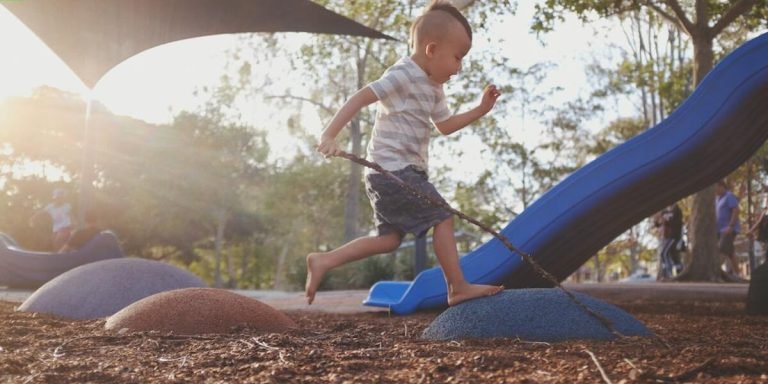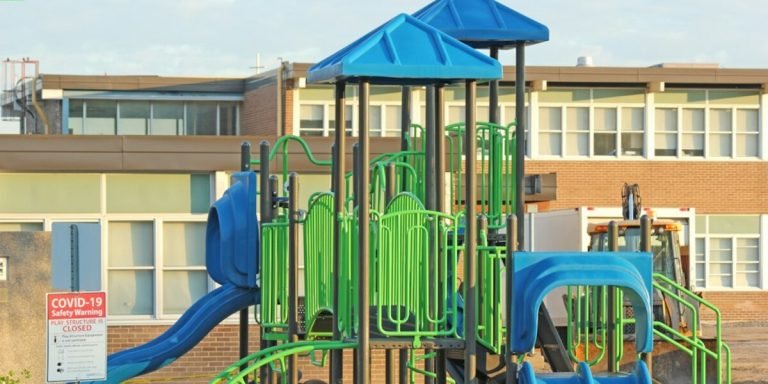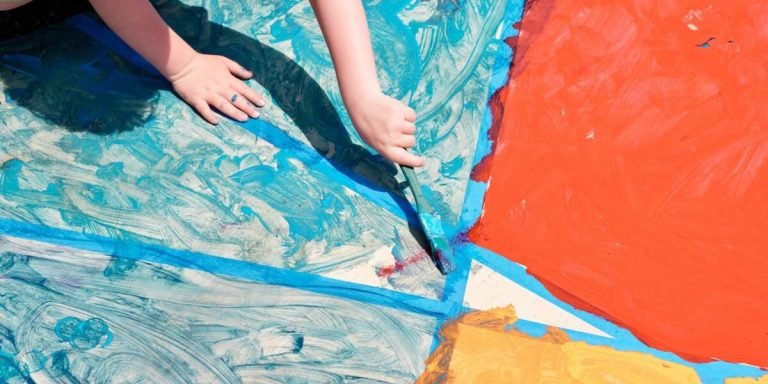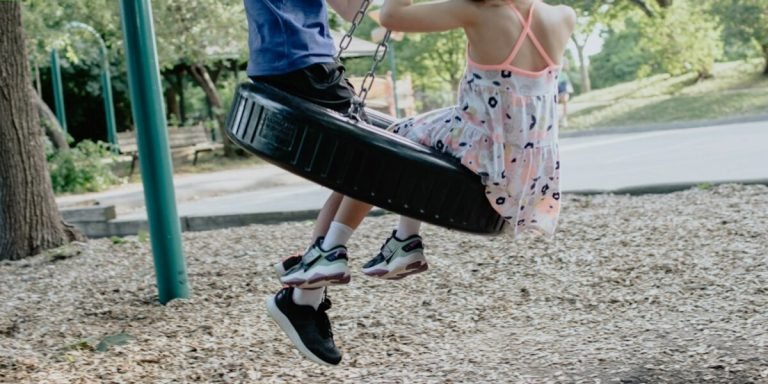Fun Activities for Preschoolers that Boost Learning and Development
Unlocking the potential of a preschooler’s mind can be as simple and enjoyable as engaging them in fun activities. educational yet entertaining pastimes provide an early foundation for cognitive and social development, while also promoting creativity and enjoyment—a win-win situation for children, parents, and educators. More than just playtime, these ‘fun activities for preschoolers’ are designed to foster crucial skill sets that your child will carry into their school years.
The key lies not only in what we teach but how we deliver it—Activity-based learning gets right to this point. It is about making lessons come alive by encouraging children to explore concepts rather than rote learn from books or lectures; providing them with hands-on experiences they’ll remember more vividly. So why not make education thrilling by incorporating some stimulating games into their routine?
Let’s delve deeper into the role of activity-based learning via exciting tasks fit for every curious young mind.
Did you know?
Did you know that play-based activities can enhance a preschooler’s cognitive development? A study in the Early Childhood Education Journal revealed that children who engage in playful, interactive tasks demonstrate improved memory and learning skills.
The Benefits of Incorporating Activity-Based Learning in Preschool
Incorporating activity-based learning in preschool is an essential step towards shaping the future of early childhood education. As we navigate through 2023, kids are becoming increasingly digital natives and integrating technology-driven fun activities for them can significantly enhance their growth trajectory. Activity-Based Learning or ABL not only fuels a child’s imagination but also harnesses their natural curiosity into productive knowledge.
Preschoolers thrive in environments where they get to touch, feel, explore and learn at their own pace. Technology-enabled fun activities provide these young minds with ample opportunities to cement newly acquired skills by practicing them repeatedly until mastered. With tools like interactive games, apps specifically designed for cognitive development, augmented reality books on animals or space exploration encourage children’s active participation rather than passive acquisition of content while developing fine motor skills simultaneously.
Moreover, the inclusion of tech-integrated lessons provides an engaging platform that brings abstract concepts to tangible life further enhancing comprehension levels among pre-schoolers. These cutting-edge methodologies lay down strong foundational stones promoting holistic development ensuring students become adept problem-solvers as they graduate from observing results to anticipating outcomes based on prior experience—all this while having endless hours filled with serious fun!
Understanding the Impact on Cognitive Development
Activity-based learning is a surefire approach to enhance the cognitive development of preschoolers. It’s not just about filling their minds with information; it’s also helping them acquire essential skills through fun activities.
The first key point to understand here is that while activity-based learning can definitely seem like ‘play’ for kids, it makes up an effective part of education in today’s tech-savvy world. In fact, technology integration aids in making these activities more engaging and impactful.
For instance, manipulating digital puzzles or participating in interactive online storytelling are some examples of fun activities for preschoolers. These allow children to grasp complex concepts effortlessly because they’re engaged both mentally and physically during the process – a perfect blend for fostering cognitive development!
Moreover, research has shown how integrating tangible technologies allows young ones to visualize abstract ideas better compared with traditional methods alone.
Notably too, studies from top educators around the globe indicate that when children learn by doing tasks themselves rather than merely listening or reading about them – their comprehension level increases significantly.
Another highlight worth considering is providing access to virtual reality experiences as another brilliant way underlining technology integration into early childhood education programs.
At this stage you might wonder “Why focus specifically on cognition?” Well according YouTube educator Mr.Demming (2023), “Cognitive skills are crucial building blocks needed across all facets of life including problem-solving capabilities”.
Fostering Social Skills Through Play
Integrating play into the early learning curriculum can be a superb pathway to foster social skills amongst preschoolers. With the incorporation of technology, activity-based and fun activities for preschoolers are taking on new dimensions in today’s classrooms.
In the era of digital natives, even our youngest students know how to swipe a screen before they learn their ABCs. So why not leverage this natural affinity towards technology? From interactive games that encourage teamwork to apps that stimulate empathy development, tech platforms offer an array of innovative tools tailor-made for boosting social interactions among kids.
Activity-based learning leverages hands-on tasks as well as group projects where children engage with each other through dialogues or joint problem-solving ventures which is great at fostering core communication skillsets. While traditional teaching strategies might sideline these critical soft skills, technologies such from tablets to smart boards enable teachers to introduce collaborative workspaces thus enriching peer-to-peer relations.
When it comes specifically targeting social competency via activity based-learning – think outdoor scavenger hunts powered by augmented reality (AR) or role-playing sessions facilitated by virtual reality (VR). These experiences have exponential potentials far beyond just making lessons more interesting; they are engaging mediums teaching young minds about cooperation and acceptance while staying committed toward shared objectives promoting essential leadership qualities alongside reinforcing emotional intelligence facets like patience and respectfulness too!
Strategies for Implementing Fun Educational Activities for Young Learners
Integrating technology in education has paved the way for activity-based learning, a personalized and more interactive approach that effectively captivates preschoolers’ attention. This method incorporates fun activities into their educational routine to enhance understanding while fueling their enjoyment through learning. In 2023, educators and parents are continuously seeking innovative strategies to integrate these technological advancements into early childhood education.
The key to implementing fun educational activities is closely knitted with finding age-appropriate technologies which capture children’s natural curiosity whilst stimulating cognitive growth. The use of apps designed specifically for young learners can be an interesting add-on when tailoring your teaching strategy as they often incorporate puzzles or games that facilitate enhanced problem-solving skills, logic building and critical thinking development.
Moreover, it’s essential not just incorporating technology but also ensuring its effective usage aligns with educational objectives. Virtual reality environments have proven phenomenal in transforming traditional stories into immersive experiences thus promoting creativity among youngsters all the while advancing reading comprehension abilities.
Successful implementation of the outlined approaches leads to engaging sessions filled with practical interactions enabling preschooler’s holistic growth from motor skills refinement right down to honed communication prowess – all integral aspects preparing them for future academic strides within this tech-savvy society we live in today.
Designing Engaging and Interactive Learning Experiences
Engaging and interactive learning experiences are integral components of activity-based education, especially for preschoolers. By designing fun activities, we can channel their innate curiosity into a love for knowledge and growth.
Initially, getting to know the interests of your young learners is crucial in creating appealing activities. Whether they’re intrigued by dinosaurs or fascinated with plants, utilize these themes to plan effective educational tasks that capture their attention.
Incorporating technology promotes an enriching experience when introducing fun activities for preschoolers. It’s 2023; digital tools like iPads loaded with educational games provide unique opportunities for hands-on learning while reinforcing essential skills such as problem-solving and cognitive development.
A powerful method involves blending traditional physical play with technological resources leading to immersive hybrid experiences – picture a treasure hunt game where clues are solved through iPad interactions!
Additionally, consider integrating virtual reality (VR). VR offers field trips without leaving the classroom! If studying about animals?
How about a virtual safari trip?
Simulated building blocks software can bring architectural ventures alive fostering spatial intelligence among children besides giving them an outlet to express creativity innovatively.
Collaborative platforms enable group projects promoting teamwork while also teaching digital citizenship early on—qualities pertinent in our increasingly connected world.
Adapting Activities to Cater to Different Learning Styles
As we dive deeper into the subject of implementing fun educational activities for young learners, it’s essential to focus on adapting these tasks according to different learning styles. Incorporation of activity-based learning and technology can offer an enriching experience for preschoolers.
Children inherently possess varied ways of absorbing new knowledge – visual learners respond better to images and graphs; auditory learners benefit from listening exercises, while kinesthetic pupils prefer hands-on activities. Perhaps your child learns best through reading or writing? Identifying their preferred techniques is a pivotal step towards fostering successful education.
To optimize this process, here are some practical strategies one could adopt:
1. **Activity Rotation:** Ensure your teaching module isn’t monotonic by rotating between various types of exercises throughout the day—schedule time slots for reading out stories then engage them in art projects inspired by those tales later during the day.
2. **Interactive Explorations:** Leverage interactive digital platforms catering specifically tailored content around fun activities for preschoolers that allows exploration at their own pace.
Measuring Progress with Activity-Based Methods in Early Childhood Education
In the realm of early childhood education, one method that’s proving to be profoundly effective in measuring a child’s progress is activity-based learning. This innovative educational approach fosters hands-on experiences and interactive participation which can drastically aid children’s understanding and retention rates. With fun activities for preschoolers woven into the curriculum, teachers are increasingly recognizing this technique as an intuitive means towards evaluating a student’s comprehension level.
Immersing children in engaging tasks not only enhances their ability to absorb information but also channels it through creative outlets fostering cognitive development all while having fun. Educators use these ‘fun’ components as conduits for academic concepts resulting in positive associations with studying among youngsters. For instance, integrating technology such as aptly designed digital games or applications becomes less of teaching numeracy or literacy skills but more about cracking levels on screen – making learning enjoyable yet subtly informative.
Activity-based methods inject flexibility within instructive environments allowing teachers to adapt according to individual learner capabilities—an important consideration especially when dealing with young learners who exhibit varying developmental timelines. By observing how students respond during different activities—how they handle challenges, interact with peers or utilize resources educators gain valuable insights regarding each child’s growth trajectory.
Utilizing Observational Assessments Effectively
In early childhood education, the utilization of observational assessments has proven to be an effective technique in measuring a child’s progress. These hands-on approaches align perfectly with activity-based methods and offer exciting fun activities for preschoolers.
Observational assessment is based on monitoring children during play times, tasks or daily routines. Educators systematically observe kids as they interact naturally within their environment, recording information about specific aspects of development and learning process.
This method provides educators with valuable insights into how individual students behave in different situations which then informs teaching tactics tailored to unique needs.
For technology integration in Education 2023 landscape, we witness innovative tools that even aid these observations efforts more effectively. While observing can be done without any special equipment other than perhaps some note-taking materials; however teachers nowadays are using digital record keeping systems like online apps where notes could be stored consistently along pictures or videos captured during observation periods too helping creating portfolio-style records for each student over time.
Such tech-aided techniques also allow not just one ‘snapshot’ moment but continuous evaluation threads that provide broader understanding about the young learner’s growth – social skills improvement scenarios showcasing problem-solving abilities when interacting among peers maybe? Or capturing moments exhibiting their creativity level while engaged with new typesetting software lessons?
The Role of Feedback in Enhancing Activity-Based Learning Outcomes
Activity-based learning in early childhood education has taken a front seat due to its effectiveness. This teaching method incorporates fun activities for preschoolers which not only keep them engaged but also aid their cognitive and motor development. As part of this approach, educators incorporate feedback as a crucial component that contributes immensely towards enhancing children’s learning outcomes.
Feedback is pivotal for activity-based learning methods because it helps monitor the efficiency of these activities on the child’s overall growth- be it intellectual or behavioral progress. Feedback isn’t just necessary; it forms an integral aspect of any educational system geared toward improving student performance metrics.
How does one measure such progress you may ask?
Well, here we tap into technology integration in education – transforming traditional classrooms into smart ones through apps specifically designed to track young learners’ responses during tasks.The vital information gotten from these can help formulate modifications if needed while simultaneously boosting maximum benefit from every lesson element crafted carefully within each program!
Observe behavior patterns: When engaged with fun activities for preschoolers using digital resources like interactive games or puzzles, pay attention to how children respond. Are they enjoying themselves? Do they grasp concepts swiftly?
Their reactions are often immediate and unfiltered reflections of their understanding level.
Conclusion
In the delicate and dynamic journey of parenting, implementing these “fun activities for preschoolers” can profoundly aid your child’s learning and development. These engaging tasks not only cater to their playful side but also contribute significantly towards nurturing their cognitive skills, imagination, creativity and social abilities. Remember – childhood education is never just about textbooks!
As you stride along this beautiful path of guiding a life into being an intelligent individual, don’t hesitate to explore our website further. We offer countless insights on how best to nurture youngsters’ minds as well as invaluable support mechanisms for parents and educators alike in making the educational ride smoother yet effective. Just remember that every moment spent with your little one counts – make it worthwhile!







